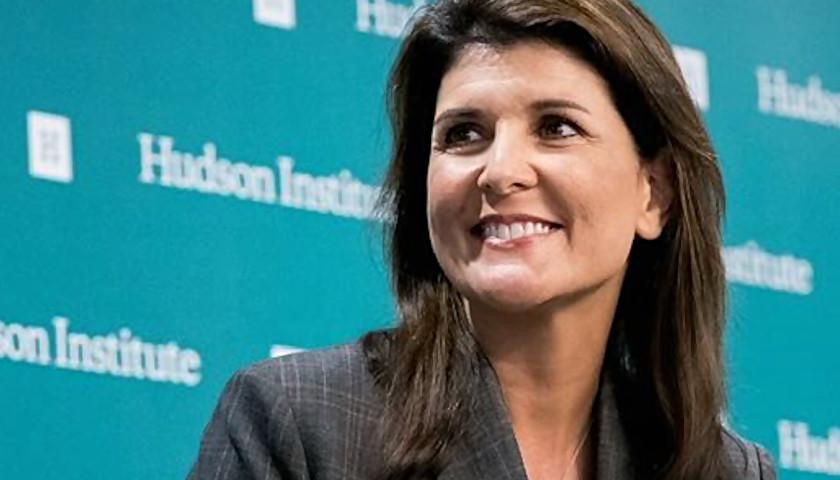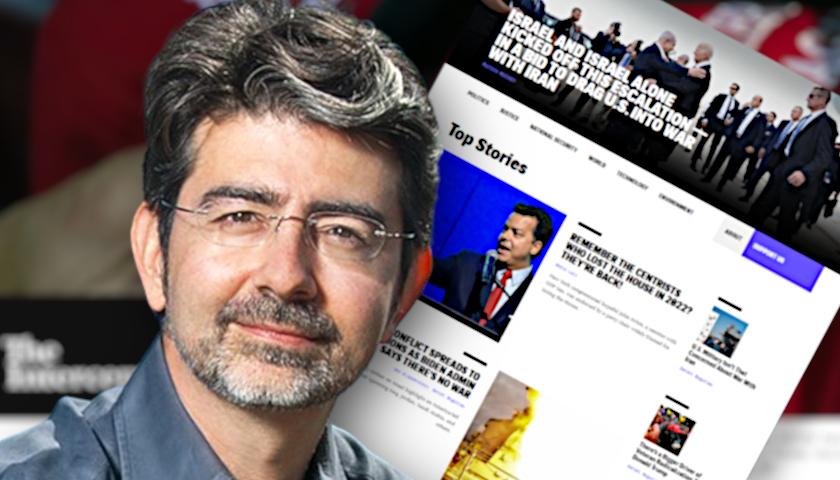Facebook removed advertisements for President Donald Trump’s 2020 reelection campaign because the messages featured an upside-down red triangle. A symbol – the tech giant said – that was once used by Nazis to designate political prisoners. But Trump’s campaign objected, noting the symbol is widely used by Antifa, which is why it was included in the ad.
“This is an emoji. It’s also a symbol widely used by Antifa. It was used in an ad about Antifa. It is not in the ADL’s [Anti-Defamation League] Hate Symbols Database,” the Trump campaign said on Twitter. As the Trump campaign notes in its statement, Facebook itself has an upside-down red triangle in its emoji library.
This is an emoji. 🔻
It's also a symbol widely used by Antifa. It was used in an ad about Antifa.
It is not in the ADL's Hate Symbols Database. pic.twitter.com/SLEsSdLu3y
— Trump War Room – Text TRUMP to 88022 & get the APP (@TrumpWarRoom) June 18, 2020
Nathaniel Gleicher, the Facebook’s head of security policy, confirmed at a House Intelligence Committee hearing Thursday that the ads had been removed, saying Facebook does not permit symbols of hateful ideology “unless they’re put up with context or condemnation.”
“In a situation where we don’t see either of those, we don’t allow it on the platform and we remove it. That’s what we saw in this case with this ad, and anywhere that that symbol is used, we would take the same action,” Gleicher said.
The ad began running on Wednesday.
Trump campaign communications director Tim Murtaugh reiterated the campaign’s earlier tweet defending the ad, saying the inverted red triangle was a symbol used by Antifa – which is why it was included in an ad about Antifa.
“But it is ironic that it took a Trump ad to force the media to implicitly concede that Antifa is a hate group,” he added.
Antifa is an umbrella term for leftist militants bound more by belief than organizational structure. Nonetheless, in the wake of violent outbursts among recent nationwide protests over the death of George Floyd while in custody of the Minneapolis Police Department, the Trump administration designated the group as a domestic terror organization.
Attorney General Bill Barr said in a statement that a network of 56 FBI Joint Terrorism Task Forces were directed to apprehend and charge “the violent radical agitators.”
“Federal law enforcement actions will be directed at apprehending and charging the violent radical agitators who have hijacked peaceful protest and are engaged in violations of federal law. To identify criminal organizers and instigators, and to coordinate federal resources with our state and local partners, federal law enforcement is using our existing network of 56 regional FBI Joint Terrorism Task Forces,” Barr said. “The violence instigated and carried out by Antifa and other similar groups in connection with the rioting is domestic terrorism and will be treated accordingly.”
Gleicher appeared with representatives of Twitter and Google at a hearing centered on efforts by the technology companies to police the spread of disinformation, tied to both the election and COVID-19, on the platforms.
Democrats pressed the Facebook and Twitter representatives on why certain content, including tweets by Trump referencing the shooting of looters and a video that was doctored to make House Speaker Nancy Pelosi look intoxicated, were not taken down and remained on their platforms. The questions were part of persistent criticism of Facebook by Democrats who say CEO Mark Zuckerberg has refused to take action on inflammatory posts by Trump.
The hearing came as Big Tech faces increasing pressure to monitor content and be transparent about the accuracy of information visible to users. Twitter has begun labeling tweets based on manipulated media that are attempting to confuse and mislead people, and has taken steps to prohibit paid political advertising, including by government-controlled news media entities.
The Trump administration, meanwhile, proposed this week rolling back legal protections for technology companies – nicknamed Section 230 protections – for material posted on their platforms.
Of particular concern heading into November are foreign influence operations, reliant on bogus social media accounts, aimed at swaying opinion. An investigation by special counsel Robert Mueller revealed a vast, if ineffective, Russian effort to sow discord on the internet during the 2016 presidential election campaign by playing up divisive social issues.
Facebook said that two days before the 2018 elections, it dismantled more than 100 accounts linked to the same operation. Between January and March of this year, the company said it dismantled roughly 1.7 billion accounts.
– – –
Anthony Gockowski is managing editor of The Minnesota Sun and The Ohio Star. Follow Anthony on Twitter. Email tips to [email protected]. The Associated Press contributed to this report.





